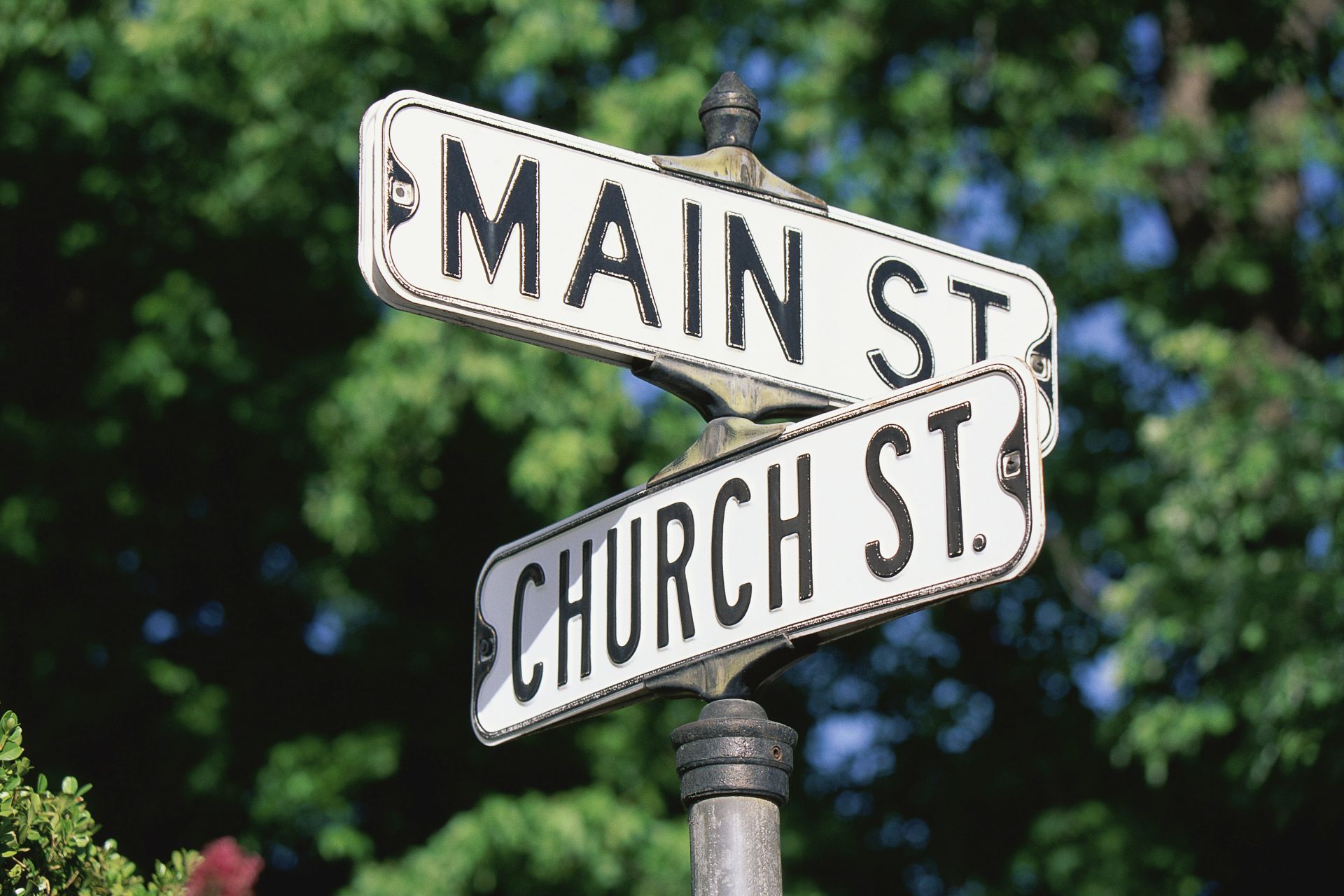For our purpose of the subject under consideration the term “church” means “a local church” according to the Baptist Faith and Message 2000 definition and the expanded guidelines offered by the International Mission Board of the SBC.[1] Any exceptions to this use of “church” will be clearly noted.
What should be the proper approach of a local church to the greater culture surrounding it? Should a church seek to be a transformative agent in the culture or more narrowly focus on transforming individuals? Is the local church to seek after political, societal, and cultural transformation as triumphal champions, or, should the church recognize that God has ordained church as well as the state and each should remain within their own sphere? Should a church seek to make disciples, build up the local church, and pray for the return of Christ as the sum total of its required duties?
In the Gospels, Jesus gave commands to the local church through His teaching to the disciples. He gave commands to the inner circle of apostles who then interpreted them and applied them in the local churches they planted and in which they served. When seeking to discover what the actual commands are that were given by Jesus to the Apostles, for the purpose of being filtered into local church settings, we must limit our inquiry to Scripture alone. Traditions, as good as they may be, are not the ground of our understanding or authority. Scripture is.
Reading through the Gospels we see many teachings of Jesus. Some of these teachings have direct implications to a local church setting – such as the passage on restoring one who is in sin (e.g., Matthew 18:15-20). James, no doubt remembering Jesus’ instruction on this point, encourages believers to confess sins to each other, pray for each other, and seek to actively restore errant believers (James 5:16 & 19-20).
On the eve of his crucifixion Jesus gave commands to His disciples – commands that had lifelong ministry implications. He washed the feet of His disciples and gave them a lesson on servant-leadership (John 13:1-17). He went on to give them “a new commandment: love one another. Just as I have loved you, you must also love one another. By this all people will know that you are My disciples, if you have love for one another” (John 13:34-35, HCSB).
In the two examples immediately above we are able to see traces of impact in the writings and teachings of the apostles to churches (1 Pet. 5:1-4, servant-leadership, and, Eph. 5:1-2, love one another).
Jesus also instituted the Lord’s Supper as a memorial meal and a meal of anticipation – once again, this teaching found its way into the instruction of one of the apostles, though born out of due time, to a local church (1 Cor. 11:17-26).
The Great Commission (Matt. 28:18-20) is no doubt the command that Southern Baptists most typically think of when they think of Christ’s commands to the church. We may reduce the Great Commission to one actual command: Make disciples. The following expansions demonstrate how we are to do so: 1. Baptize them. 2. Teach them. The first has to do with missions and evangelism and the second has to do with on-going growth in sanctification (spiritually maturing in Christlikeness). Thankfully, Jesus has promised to be with us as we obey.
Paul writes to the Ephesians (4:11) and tells them that Christ has given to the Church gifted men whose duty it is to advance the Gospel as well as to serve in local churches (“apostles, prophets, evangelists, pastor-teachers). According to verse 12, the purpose of these gifted men is two-fold: 1. “To equip the saints for the work of ministry.” 2. “For building up the body of Christ.”
I believe we see hints of the Great Commission in Eph. 4:11-12. The apostles and prophets were the initial evangelist-missionaries. They were also the initial prophet-proclaimers of God’s revelation (direct revelation and explanation thereof) in local church settings. These two offices aided in fulfilling the Great Commission by establishing new churches and teaching new disciples what the Lord commanded. Both activities were “building up” activities: Building up numerically as more and more disciples were made, and, building up spiritually as believers were taught true doctrine.
The evangelists and pastor-teachers are the gifted men that remain for the church today. Though Christ has completed the foundation-laying period of the church through the apostles and prophets (Eph. 2:20), churches continue to engage in the some of the same activities as the apostles and prophets. Namely, the Gospel still is preached to the lost (evangelists) and saints are still being matured (pastor, or shepherd-teachers). The church (universal) is still being built up numerically as well as spiritually. Of course, as verse 12 indicates, the building up of a church is not the exclusive responsibility of its leaders (evangelists and pastor-teachers); rather, it is the joint-partnership between spiritual leaders in a church and members in a church. Members are equipped to serve and to build up. A church grows in size and in health as each part does its work.
If a local church is to take its marching orders in light of the commands of Jesus to the apostles and according to how the apostles interpreted those commands applying them to local church settings, then there must be an intentional commitment to design a church’s inner activities as well as its external interactions with the surrounding culture according to a biblical framework.
